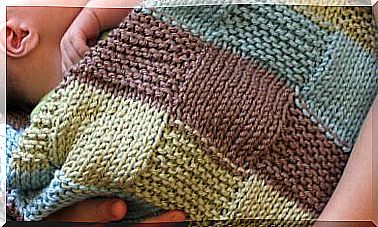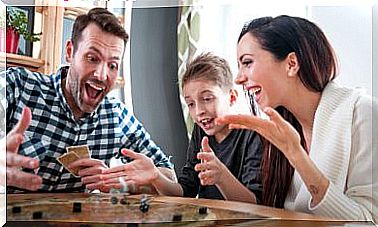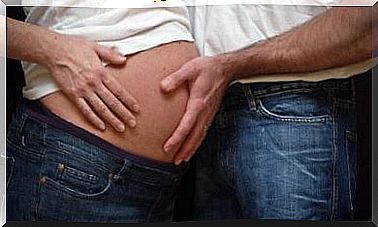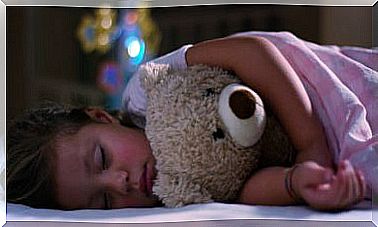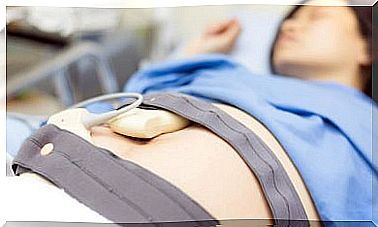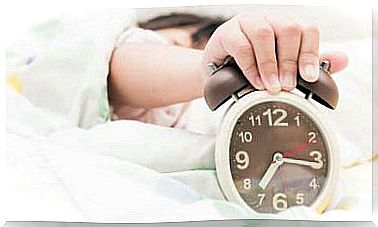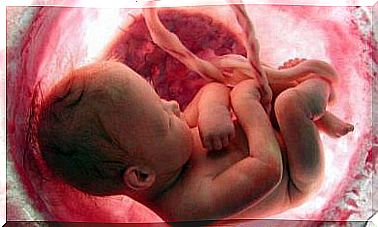How To Deal With A Child’s Headaches
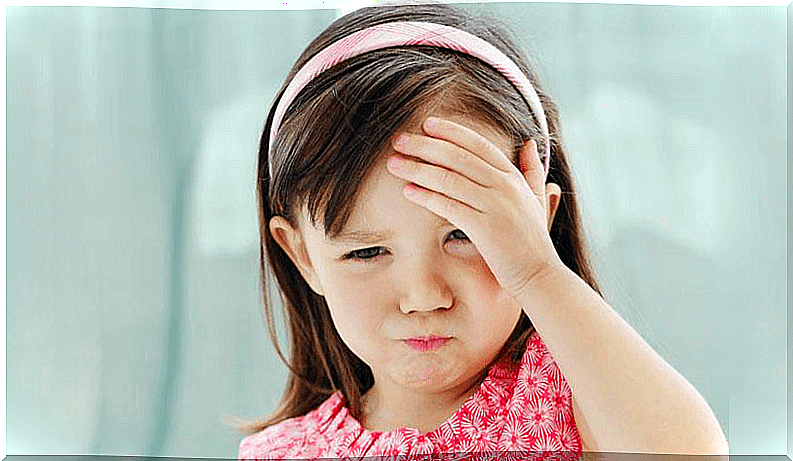
One of the most frequent pains that people suffer is a headache. This affects the neck, the head itself and the scalp. The pain can be due to various causes, either physical or psychological due to stress. Until very recently it was believed that headaches did not occur in children. But today it has been seen that even nursing babies can suffer.
Headaches in children can be due to various causes (lack of sleep, playing too much in the sun, etc.). It can be a pain in a certain place in the head, or it can be a diffuse pain (throughout the skull). We are going to see in this article how we should act in the face of our child’s headaches.
Causes of child’s headaches
In children, headaches can have many causes and also different severities. It is essential that we know how to distinguish between a temporary pain or slight discomfort and a more acute pain that requires medical treatment.
These pains can be caused by:
- Lack of sleep and tiredness
- Dehydration
- For a blow to the head
- For not having some meals
- Watching television excessively
- Spend a lot of time in front of the computer, if the child is older
- Having made a long trip
- A cold, the flu, etc.
- Mouth or ear infection
- Migraine in children
In most cases , children’s headaches respond to simple causes that are short-lived and infrequent.
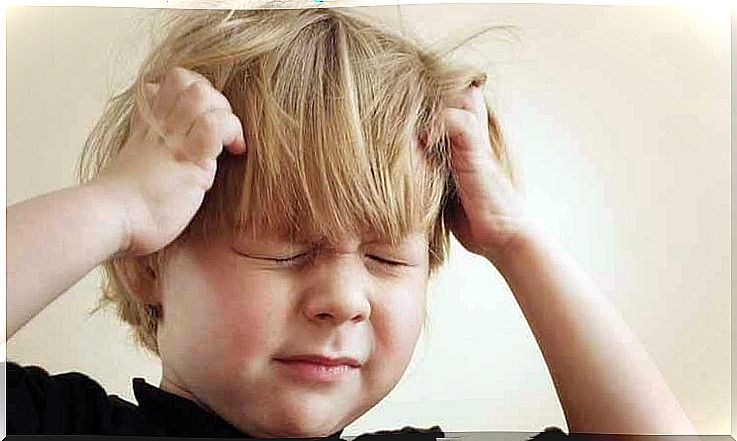
If we observe that they are frequent pain, at least once a month, or that they have an excessive duration, we must consult the pediatrician as soon as possible to make a diagnosis of what is happening to the child.
It is also important for parents to observe whether these child’s headaches are accompanied by other symptoms such as vomiting, fever, dizziness, etc. And if so, go to the doctor immediately as well. We will leave doubts and he will be able to tell us a treatment to calm those pains in our son.
Types of child’s headaches
Headache that occurs acutely
The pain can appear in a specific place on the head or be diffuse. Remember that acute pain can be due to otitis media or sinusitis. Pain of dental origin can also cause sharp or diffuse pain.
Diffuse and widespread headache, accompanied by fever
The main cause is usually an infection. If there is no fever, it can be thought of as a head injury, high blood pressure, or carbon monoxide poisoning.
Acute headache, but that has already appeared on other occasions
This pain occurs frequently in migraines. It usually appears accompanied by nausea or vomiting and it is normal to have a family history. Also, although rarer, it can be caused by epilepsy. A tension of emotional origin can produce this type of pain.
Localized or diffuse headache with different signs than usual
This type of pain should be followed by your pediatrician or neuropaediatrician: if painkillers do not relieve the pain, if the pain lasts for many days, if it causes double vision or if it wakes the child at night.
What to do with the child’s headaches?
The first thing you should do is investigate what type of pain your child suffers and if it appears frequently enough. If so, you have to immediately consult with the pediatrician so that he can identify what kind of pain it is and what treatment to follow.
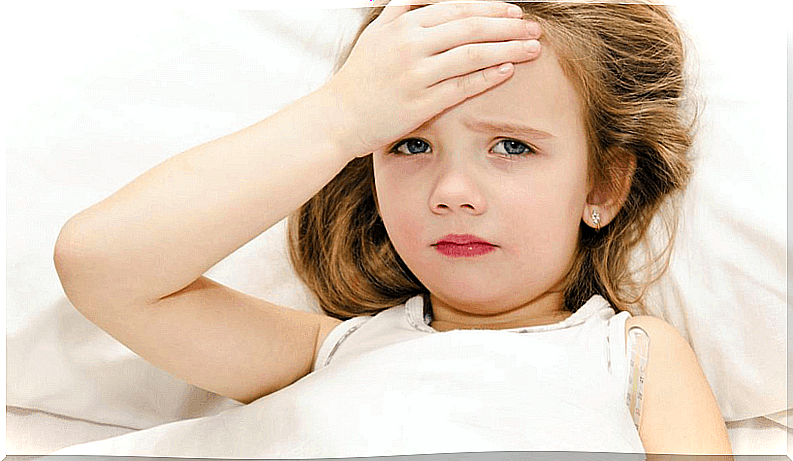
Depending on what the pediatrician tells you, you can complement the prescribed treatments with home remedies that can help reduce pain and that will not harm your health. Some are:
- Put the child to bed in his room without light so that he can rest.
- Do breathing exercises to relax you if it is due to tension pain.
- Apply damp cloths to the forehead and neck, taking turns hot and cold.
- Neck and nape massages.
- Move your arms and hands energetically so that the blood flows and the head clears.
- Put your hands in hot water for cycles of five minutes.
- Rosemary steam baths.
With this information, you will already know how to deal with the child’s headaches, in addition to the types of pain that can occur. It is important that when the boy complains of a headache, we remain calm and reassure him, the tension can make the pain worse.
